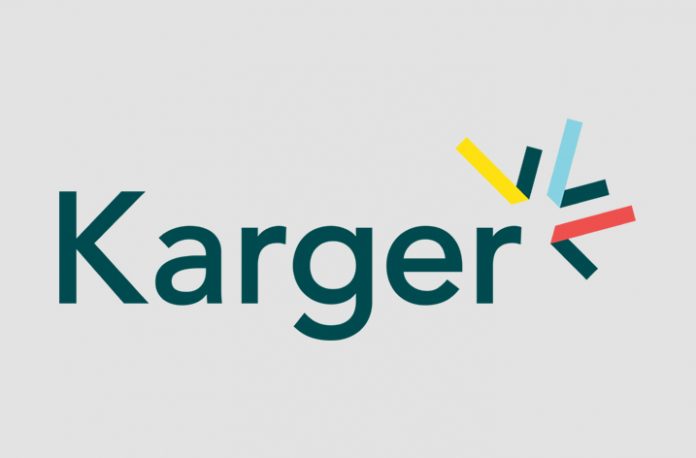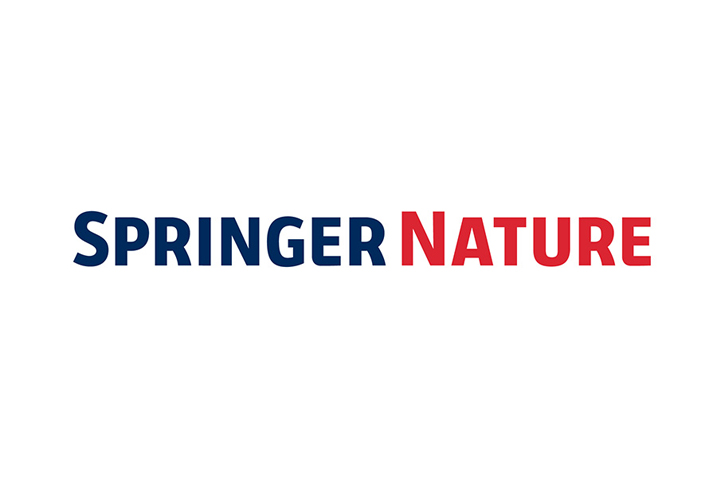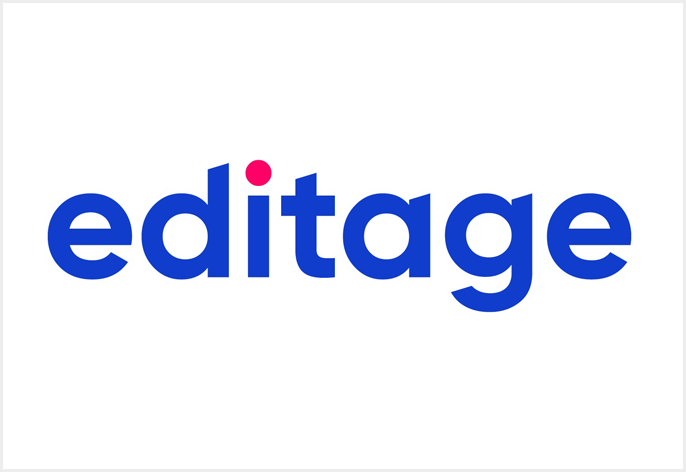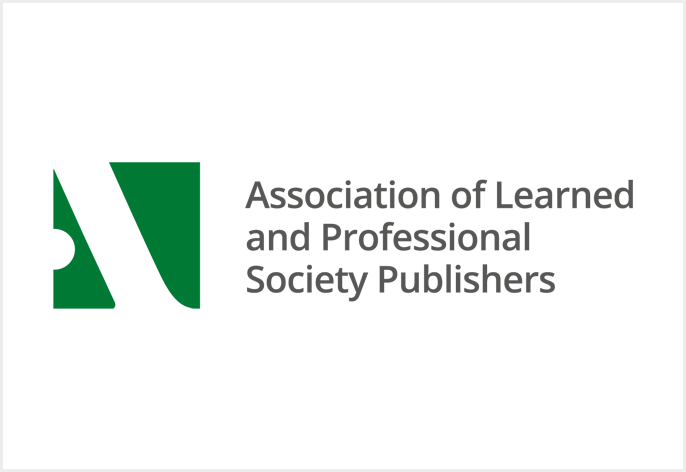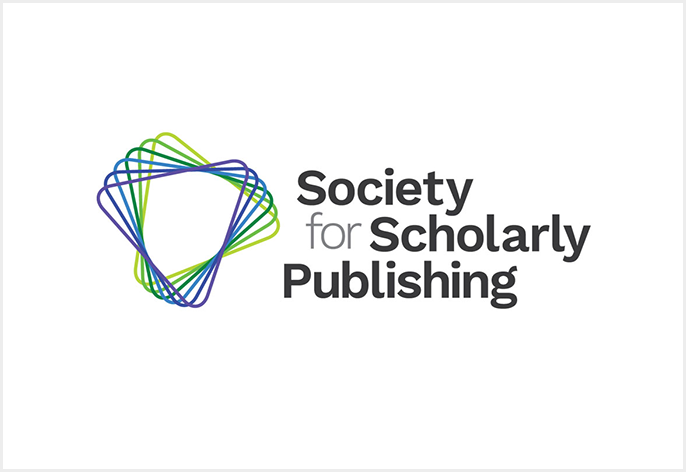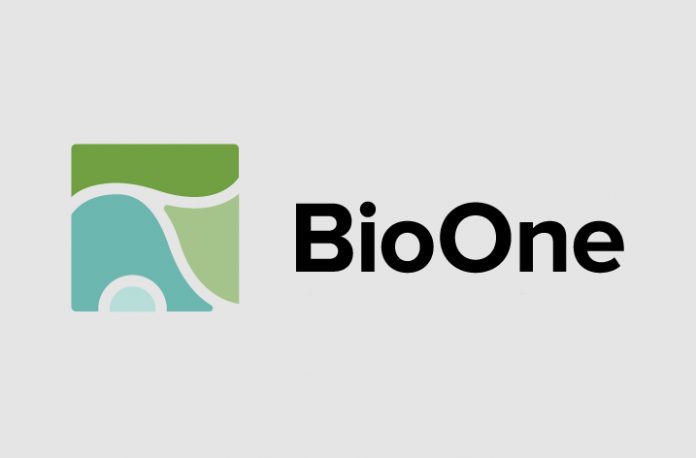ResearchGate, the professional network for researchers, and AIP Publishing, the publishing division of the American Institute of Physics (AIP), today announced AIP Publishing’s core group of open access journals will benefit from an enhanced presence on ResearchGate through the network’s Journal Home offering. The agreement covers seven journals, including three new launches: APL Energy, APL Machine Learning, and APL Quantum (which will publish its first content in 2024).
AIP Publishing’s mission is to advance, promote, and serve the physical sciences for the benefit of humanity by empowering researchers and breaking down barriers to open, equitable research communication. The new agreement supports this mission by widening the visibility and readership for these AIP Publishing journals, with all version-of-record content from these titles available on ResearchGate immediately on publication, as well as backlist content amounting to approximately 17,500 articles.
Authors of the articles included in this partnership will benefit from having their content automatically added to their profiles on ResearchGate. This helps highlight the impact of their work, including who is reading and citing their research — providing authors with a unique opportunity to connect with their readers.
Dedicated Journal Home profiles will be activated throughout the ResearchGate platform, with each journal prominently represented on all associated article pages and other relevant touch points throughout the platform. Through the journal profiles, authors and readers will have a central location for each journal where they can learn more about the journal, discover new relevant article content, and understand how, through their network, they are connected to the journal’s community of authors and editors.
“We couldn’t be happier to see AIP Publishing embark on this new partnership with ResearchGate,” said Sören Hofmayer, co-founder and Chief Strategy Officer at ResearchGate. “There is growing evidence that journals benefit from the increased brand visibility that our researcher-centric community provides to some 25 million active users. AIP Publishing will now be able to better understand who is engaging with their journals and grow those readers into high potential authors.”
“We are delighted to begin this new partnership with ResearchGate, which offers a new way for researchers to find relevant publications by extending the reach and visibility of our open access journals,” added Penelope Lewis, Chief Publishing Officer at AIP Publishing. “We’re especially looking forward to how ResearchGate can support our newest journals in fostering an engaged reader and author community.”
For more information about ResearchGate, please visit www.researchgate.net.
For more information about AIP Publishing, please visit https://publishing.aip.org/

























